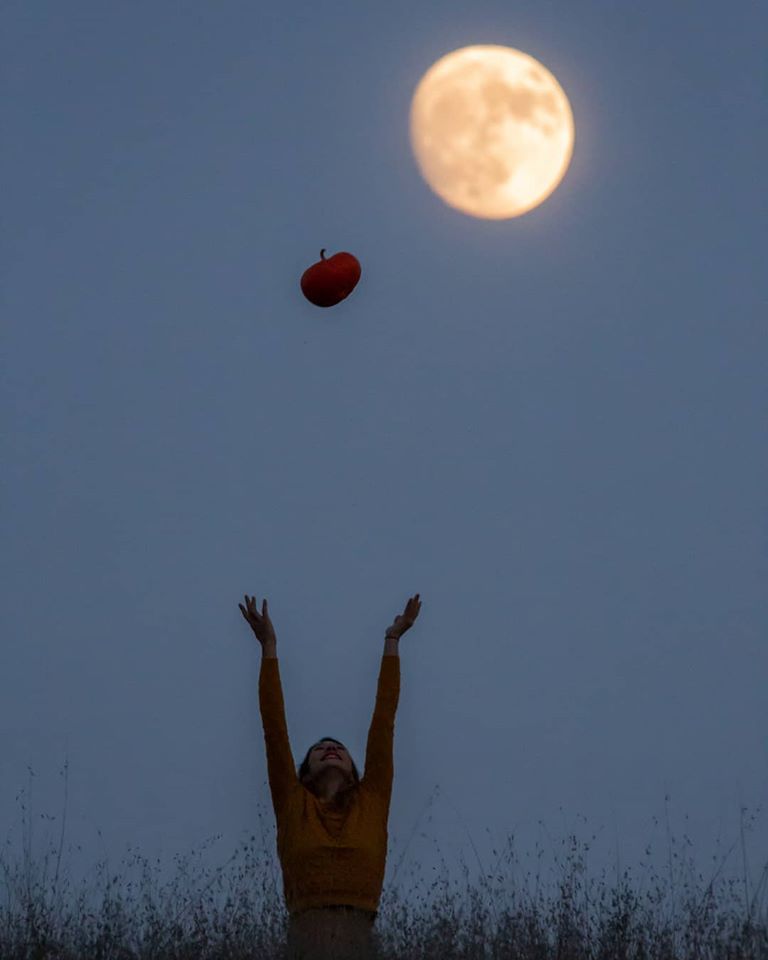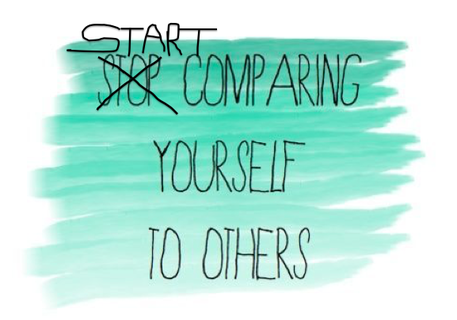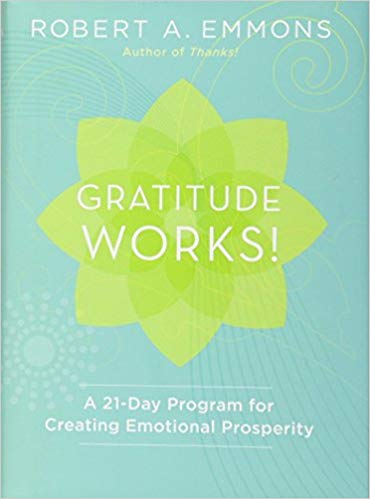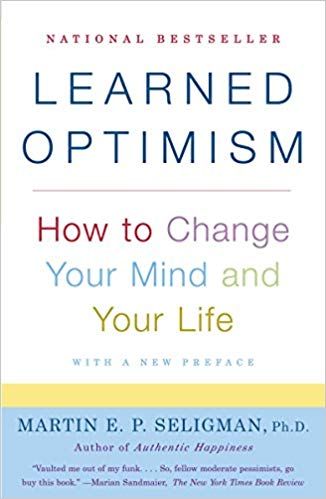|
Last Saturday, as I was writing my review of Broadway by the Bay's Into the Woods, an episode of Malcolm Gladwell's Revisionist History began playing. Within seconds, I was able to summarize the entire episode in a few sentences:
"They're going to say that Olympic silver medalists feel worse than bronze medalists, because silver medalists upward social compare ('I could have been the best in the world, but I'm not,') and bronze medalists downward social compare ('I'm so happy I got a medal!')." In case you're interested, here's the episode: It's a fascinating topic, and one I've blogged about before. In According to Psychology, There Are Four Ways to Feel Better About Yourself. They Are... I wrote:
The post continues:
But now, with Thanksgiving rapidly approaching, I've come to think of downward social comparison a slightly different way.
So much to be grateful for! Image: @TheHappyTalent on Instagram.
Not only is it a way to avoid self-pity... But it's also a form of gratitude and appreciation. Instead of focusing on what you don't have, as you would in upward social comparison, you focus on what you do have, that others don't. Both forms of social comparison are important, as I discussed in Why You Should Compare Yourself to Others, Like, CONSTANTLY. Identifying people who are better off than you is a good way to set effective goals for self-improvement. But feeling grateful for what you already have is something research suggests can help you:
It's funny to think of downward social comparison as a form of gratitude. I have a hard time imagining Martin Seligman, the father of positive psychology and author of several impactful books, including Flourish: A Visionary New Understanding of Happiness and Well-being and Learned Optimism: How to Change Your Mind and Your Life, proposing that cancer patients go out and find someone worse off than themselves or telling athletes to compare themselves to the worst person on their team... But, empirically, it seems to work. So maybe, instead of listening to all those feel-good Influencer-types who say not to compare yourself to others, or to focus on the positives, or whatever, are missing the point. Maybe this Thanksgiving, if you're having trouble finding things to be grateful for... you could, at the very least, resort to being grateful for what or who you're not. Be grateful you're not the worst on your flag football team. Be grateful you got two weeks to travel this year -- many of your peers didn't get any time off. Be grateful that, even though you were one of the worst performers at open mic, at least you have the courage and confidence to try -- unlike most people. If you struggle with gratitude, despite your greatest efforts, maybe it's time to look into being a better downward social comparer. Want to know more? Check out:
0 Comments
Leave a Reply. |
About the Author

Eva is a content specialist with a passion for play, travel... and a little bit of girl power. Read more >
Want to support The Happy Talent? CLICK HERE!
Or Find me on Patreon!
What's Popular on The Happy Talent:
Trending in Dating and Relationships:
What's Popular in Science: Playfulness and Leisure Skills:
Popular in Psychology and Social Skills:
Categories
All
|






























 RSS Feed
RSS Feed